1-METHYL-1-CYCLOHEXANECARBOXYLIC ACID
- CAS NO.:1123-25-7
- Empirical Formula: C8H14O2
- Molecular Weight: 142.2
- MDL number: MFCD00001463
- EINECS: 214-371-3
- SAFETY DATA SHEET (SDS)
- Update Date: 2025-09-05 20:24:49
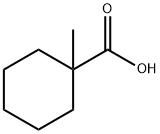
What is 1-METHYL-1-CYCLOHEXANECARBOXYLIC ACID?
Chemical properties
WHITE TO YELLOW CRYSTALS OR CRYSTALLINE POWDER
The Uses of 1-METHYL-1-CYCLOHEXANECARBOXYLIC ACID
1-Methyl-1-cyclohexanecarboxylic acid was used as internal standard during the determination of valproic acid metabolites. Also been used as an anticonvulsant drug and causes maturation of murine neuroblastoma cells in vitro. Used in the synthesis of p38 map kinase.
What are the applications of Application
1-Methyl-1-cyclohexanecarboxylic acid is the structural analog of valproic acid used as an internal standard and anticonvulsant drug
Synthesis Reference(s)
The Journal of Organic Chemistry, 38, p. 3633, 1973 DOI: 10.1021/jo00960a047
General Description
1-Methyl-1-cyclohexanecarboxylic acid is the structural analog of valproic acid and its pharmacokinetic action has been studied in female Sprague-Dawley rats.
Biochem/physiol Actions
1-Methyl-1-cyclohexanecarboxylic acid is an anticonvulsant drug and causes maturation of murine neuroblastoma cells in vitro.
Properties of 1-METHYL-1-CYCLOHEXANECARBOXYLIC ACID
| Melting point: | 36-39 °C(lit.) |
| Boiling point: | 234 °C(lit.) |
| Density | 1.0037 (rough estimate) |
| refractive index | 1.4600 (estimate) |
| Flash point: | 213 °F |
| storage temp. | Sealed in dry,Room Temperature |
| solubility | Soluble in chloroform and methanol. |
| form | Solid |
| pka | pK1:5.13 (25°C) |
| color | Brown Low Melting |
| BRN | 1859220 |
| CAS DataBase Reference | 1123-25-7(CAS DataBase Reference) |
Safety information for 1-METHYL-1-CYCLOHEXANECARBOXYLIC ACID
| Signal word | Warning |
| Pictogram(s) |
 Exclamation Mark Irritant GHS07 |
| GHS Hazard Statements |
H302:Acute toxicity,oral H315:Skin corrosion/irritation H319:Serious eye damage/eye irritation H335:Specific target organ toxicity, single exposure;Respiratory tract irritation |
| Precautionary Statement Codes |
P261:Avoid breathing dust/fume/gas/mist/vapours/spray. P280:Wear protective gloves/protective clothing/eye protection/face protection. P301+P312:IF SWALLOWED: call a POISON CENTER or doctor/physician IF you feel unwell. P302+P352:IF ON SKIN: wash with plenty of soap and water. P305+P351+P338:IF IN EYES: Rinse cautiously with water for several minutes. Remove contact lenses, if present and easy to do. Continuerinsing. |
Computed Descriptors for 1-METHYL-1-CYCLOHEXANECARBOXYLIC ACID
New Products
Indole Methyl Resin tert-butyl 9-methoxy-3-azaspiro[5.5]undecane-3-carboxylate Boc-His(Boc)-OH 2-CTC Resin 4-Chloro-7-tosy1-7Hpyrrolo[2,3-d]pyrimidine 5,7-Dibromo-1H-indole 2,5-dichloro-N-hydroxy-4,6-dimethylpyridine-3-carboximidamide 2,2-Dimethoxy-7-azaspiro[3.5]nonane hydrochloride 4-chloromethyl-5-methyl-1,3-dioxol-2-one (DMDO-Cl) R-2-BENZYLOXY PROPIONIC ACID 1,1’-CARBONYLDIIMIDAZOLE 1,1’-CARBONYLDI (1,2-4 TRIAZOLE) N-METHYL INDAZOLE-3-CARBOXYLIC ACID 4-((2-hydroxyethyl)thio)benzoic acid 1-(TERT-BUTOXYCARBONYL)-2-PYRROLIDINONE Methyl 6-methylnicotinate 3-Pyridineacrylic acid tert-Butyl carbazate TETRAHYDRO-2H-PYRAN-3-OL 2-((4-morpholinophenylamino) (methylthio) methylene) malononitrile 3-(4-morpholinophenylamino)-5-amino-1H-pyrazole-4-carbonitrile 2,4-dihydroxybenzaldehyde 1,3-Diethyl-1,3-Diphenylurea Methyl 2-methylquinoline-6-carboxylateRelated products of tetrahydrofuran

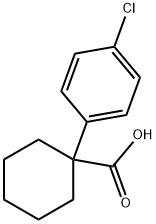
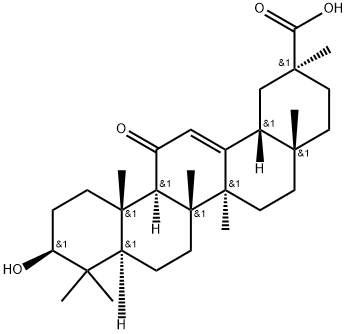
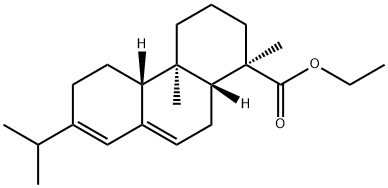
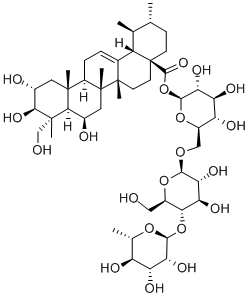
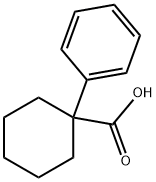
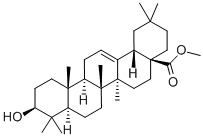
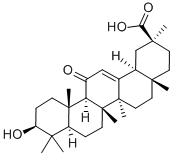
You may like
-
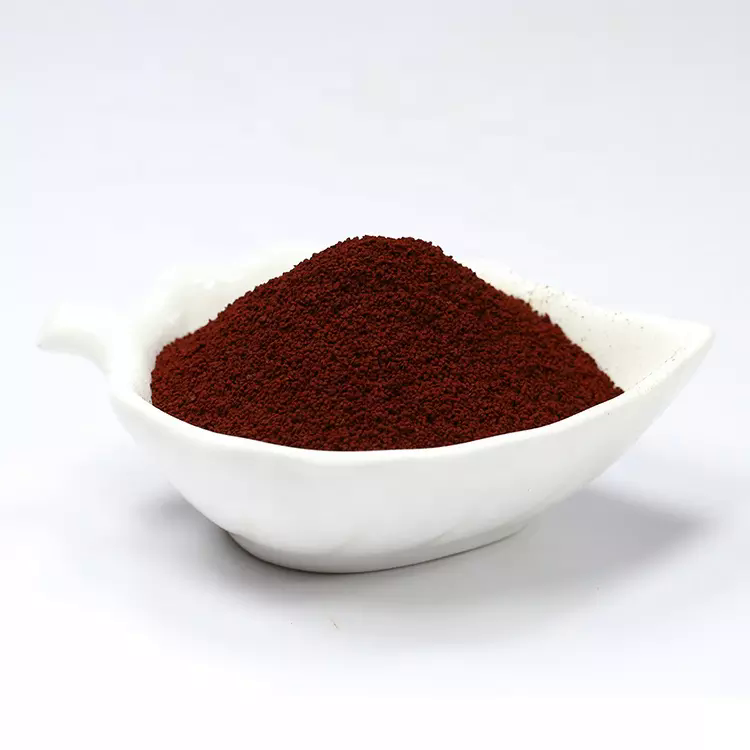 1123-25-7 1-Methylcyclohexanecarboxylic acid-99% 99%View Details
1123-25-7 1-Methylcyclohexanecarboxylic acid-99% 99%View Details
1123-25-7 -
 1-Methyl-1-cyclohexanecarboxylic Acid CAS 1123-25-7View Details
1-Methyl-1-cyclohexanecarboxylic Acid CAS 1123-25-7View Details
1123-25-7 -
 1-Methyl-1-cyclohexanecarboxylic acid CAS 1123-25-7View Details
1-Methyl-1-cyclohexanecarboxylic acid CAS 1123-25-7View Details
1123-25-7 -
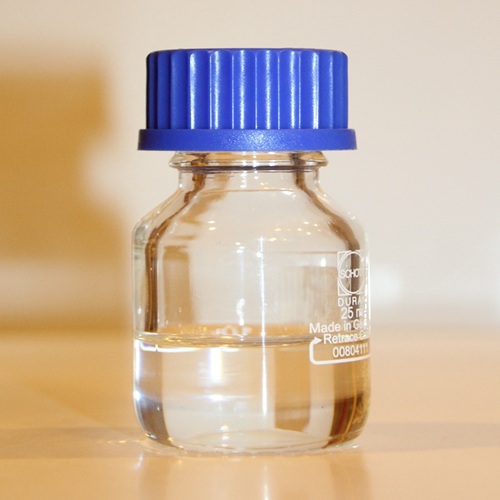 Pyridine 99.5% HPLC /UV SpectroscopyView Details
Pyridine 99.5% HPLC /UV SpectroscopyView Details
110-86-1 -
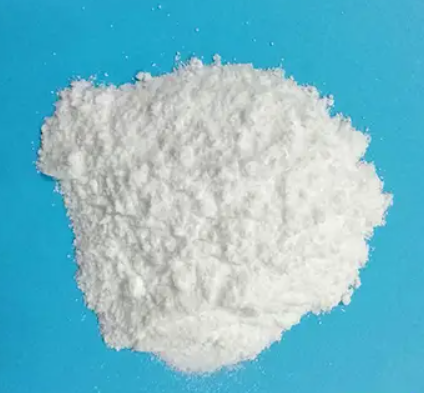 Piperazine Spot supply, best priceView Details
Piperazine Spot supply, best priceView Details
110-85-0 -
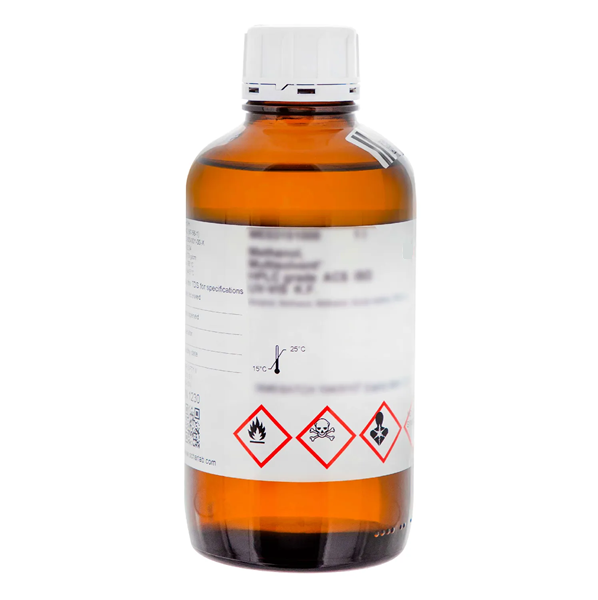 Dibutyl PhthalateView Details
Dibutyl PhthalateView Details
84-74-2 -
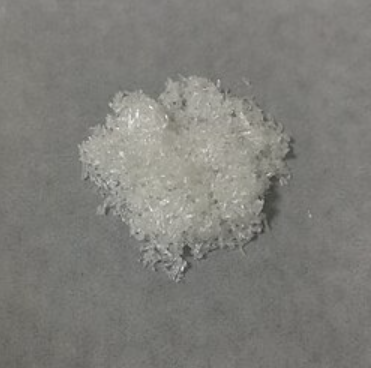 Imidazole Spot supply, competitive priceView Details
Imidazole Spot supply, competitive priceView Details
288-32-4 -
 Thiourea 99% ARView Details
Thiourea 99% ARView Details
62-56-6
